President addressing the 17th Shahid Rajai Festival: "The human power can bring a proportionate product"
The President described the structural change in the administrative system as the necessity of achieving justice in the country and emphasised on the continuous monitoring and evaluation of government institutions and employees in order to protect the general directions of the Popular Administration.
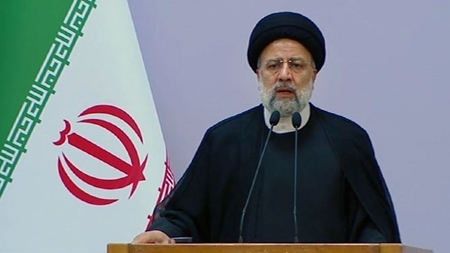
Speaking during the 17th Shahid Rajai Festival at noon on Wednesday, Ayatollah Dr Seyyed Ebrahim Raisi described Martyr Rajai as a symbol of service, jihadist management, compassion for people and concern for religious issues and divine values, and said, "Paying attention to the meritorious performance and appreciating those in the administrative system who have done valuable work is an emphasised principle of Islam".
Emphasising that the efforts of the employees should always and continuously be appreciated, the President added, "Every day, every week and every month there should be an evaluation of the performance of the administrative forces and managers in all institutions, and this accurate evaluation leads to growth".
Referring to the report of the Chief of the Administrative and Recruitment Affairs Organisation regarding the review of performance evaluation indicators of managers, institutions and administrative staff in line with justice-oriented values and increasing productivity, Dr Raisi expressed his appreciation for these measures, saying, "An important concern in the design of administrative structures is the issue of efficiency. Basically, this concern is the most important priority in management schools, and the design of the administrative system should also move in this direction".
Referring to the importance of accountability in the administrative system, Ayatollah Raisi described accountability in the Islamic management system to have 4 levels, saying, "The first level of accountability in the Islamic administrative system is to be accountable to the Almighty, because our management and administrative system are being witnessed by God".
Emphasising that in order to increase productivity, in addition to trust, the control and monitoring system must also be defined, the President clarified, "Whether in our management system, things are done with trust or control, if we pay attention to the latter of Imam Ali (AS) to Malik Ashtar, it should be noted that he considers both important".
Dr Raisi described the most efficient control system as self-control, and noted, "The most efficient control system is that every person and every employee considers themselves obliged to implement the law and respond correctly to clients".
Whether he is supervised by an inspector or not. The system of self-control is very efficient, especially in our religious culture, where people see themselves openly and secretly in the presence of God Almighty".
The President emphasised the strengthening of self-control by promoting spirituality and professional ethics in organisations, and added, "Strengthening and promoting ethical, administrative and professional principles in any organisation can be effective in reducing administrative, organisational harms and violations".
Ayatollah Raisi emphasised the necessity of simultaneous internal and external monitoring and said, "The existence of external monitoring devices can effectively help improve the performance of internal monitoring mechanisms".
Ayatollah Raisi said that the achievement of justice in the administrative system depends on the structural transformation in this field and said, "In order to realise this transformation, first of all, the managers themselves must be transformational. The second step is to review the processes. All those who have a role in the governance system must play an active role in this field".
Dr Raisi emphasised that the growth of the country depends on the increase in productivity, and stated, "If productivity does not increase, the injection of power, credit and budget to the administrative organisations will not go anywhere. Ministers, managers and deputies of ministries and different institutions should compare the amount of budget and credit requested with the efficiency of their institution".
Dr Raisi described revision and transformation as necessary to increase the productivity of executive bodies and emphasised the necessity of economic growth for the country's progress, and stated, "If productivity increases, the human power, budget and credits of the bodies can bring a proportionate product".
In the final part of his speech, Dr Raisi honoured the memory of the martyrs of Rajai and Bahonar, and stated, "All the martyrs of the government are watching our work and urge transformation, efficiency and true accountability to the people".



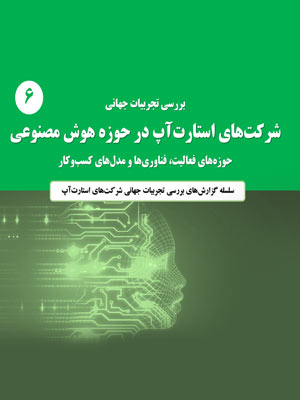


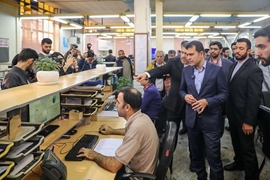
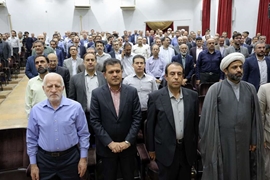
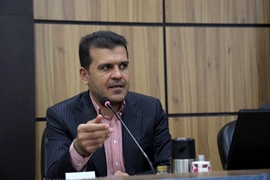
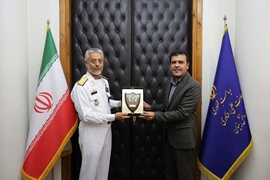

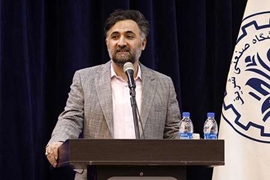
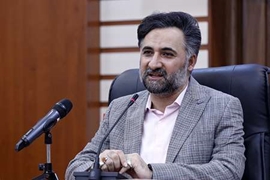
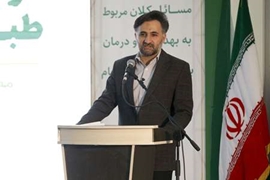
comment